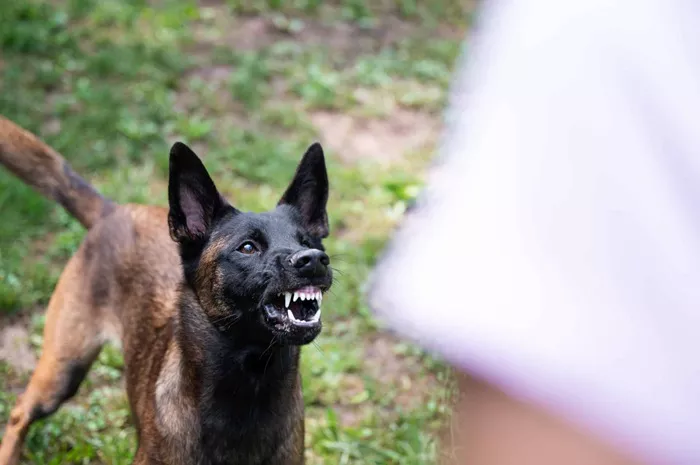The Gore District Council is currently reviewing its dog control bylaw, which was first adopted in 2013. The review follows growing concerns about dog waste and limited access to parks for dog owners in the West Gore area. At a council meeting last Tuesday, eight community submissions helped guide the discussion on potential changes to the bylaw.
Access to Dog-Friendly Parks in West Gore
In West Gore, most parks and reserves are either off-limits to dogs or require them to be tethered, which severely limits opportunities for dog owners to let their pets off-leash. Hamilton Park in East Gore remains the only significant location for off-leash dog exercise.
Councillor Keith Hovell emphasized that dog owners have a legal obligation to provide exercise and recreation for their dogs, and the current restrictions in West Gore hinder this. He pointed out that the policy shows West Gore is underserved, with insufficient areas to meet the exercise needs of local dogs.
Cr Paul McPhail echoed Hovell’s concerns, adding that dog owners who pay rates for park maintenance should have the right to access these spaces with their dogs. Councillors voted to explore the issue further and have council workers investigate potential solutions, including the possibility of expanding dog access to more parks.
While the idea of a dedicated dog park was suggested, the council decided not to pursue this option at this time.
Dog Poop Problem in Gore
Another key issue addressed during the meeting was the ongoing problem of dog waste being left in public spaces. Councillor Glenys Dickson expressed frustration with the state of public areas, pointing out that dog excrement is found on paths and in bushes throughout the town. Dickson emphasized that irresponsible dog owners are creating problems for those who are responsible.
Cr Richard McPhail also weighed in, noting that even with the availability of dog waste bags in walking areas, the problem persists. He suggested that the council could either enforce dog waste rules through fines or rely on continued education to encourage responsible dog ownership.
After further discussion, the council decided to continue with the educational approach rather than increase enforcement. Mayor Ben Bell proposed installing signs with enforcement options to remind dog owners of their responsibilities, and councillors agreed this would be a reasonable step forward.
Tethering, Desexing, and Policy Adjustments
The council also discussed updating the bylaw to reference upcoming legislation regarding dog tethering, as well as including an education package for dog owners. Additionally, it was agreed that the definition of “owner” in the policy would be revised for clarity.
Cr Hovell also proposed an amendment to examine and potentially amend prohibited areas for dogs, such as schools and reserves. This amendment was seconded by Cr McPhail and is set to be explored further as part of the ongoing review.
Conclusion
As the Gore District Council continues its review of the dog control bylaw, key issues like dog waste and access to parks for dogs remain at the forefront of the discussion. While enforcement remains a challenge, the council appears committed to finding solutions that balance the needs of dog owners with the broader community’s concerns. The ongoing review will help shape how Gore accommodates dog owners and their pets in the future.
Related topics:
Can Dogs Eat Popcorn? Vets Reveal the Toppings to Avoid
What’s the Best Food for Dogs with Joint Problems?
How Much Water Should My Dog Drink with Meals?


